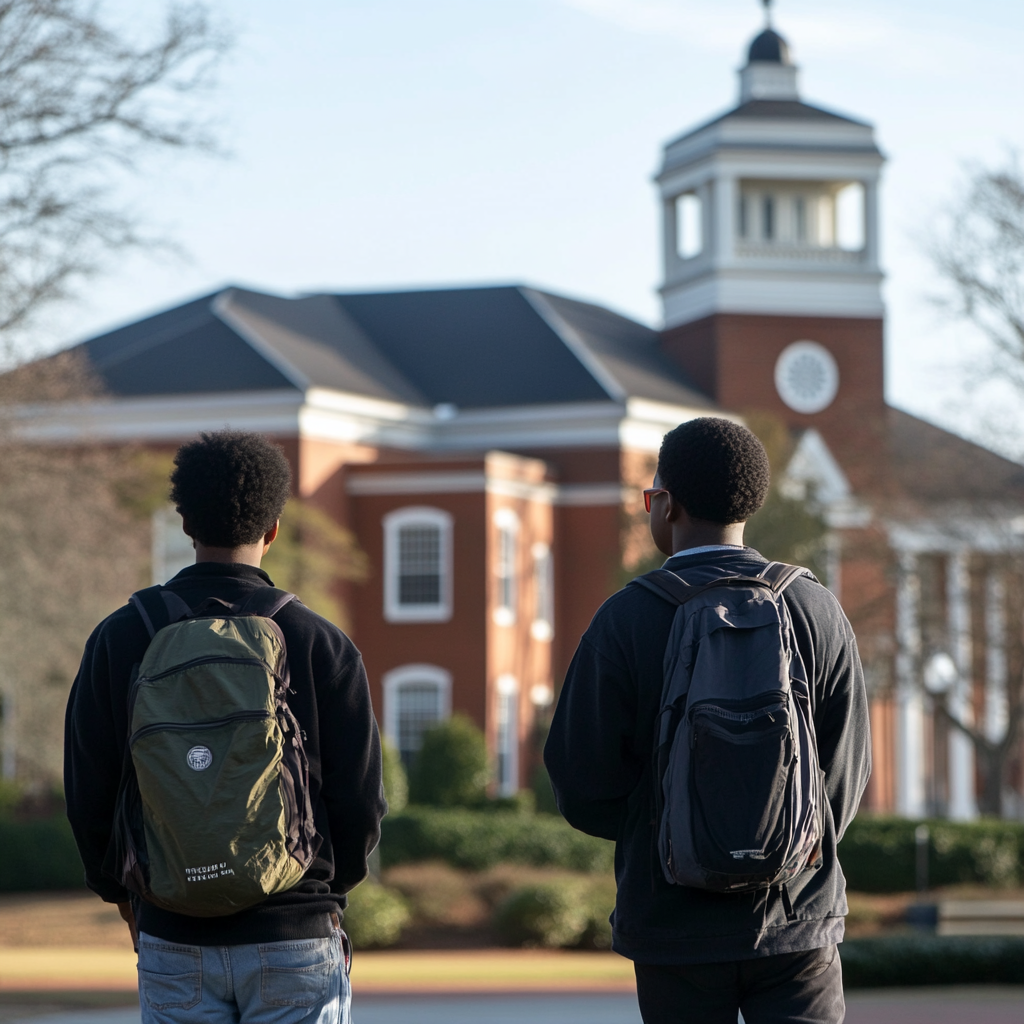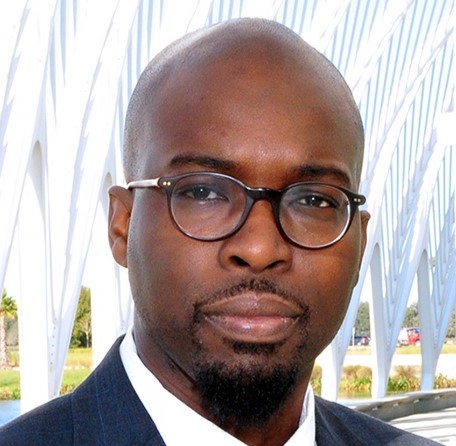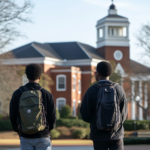Now Reading: Collateral Damage: What Alabama’s DEI Ban Means for ASU Students
-
01
Collateral Damage: What Alabama’s DEI Ban Means for ASU Students
Collateral Damage: What Alabama’s DEI Ban Means for ASU Students

Alabama’s recent legislative actions targeting Diversity, Equity, and Inclusion (DEI) programs have significantly impacted public universities across the state. Senate Bill 129 (SB 129), enacted in October 2024, prohibits public institutions from funding DEI initiatives and restricts the teaching of concepts deemed “divisive.”
Alabama State University’s Commitment to DEI
In response to SB 129, Alabama State University (ASU) has faced challenges in maintaining its DEI programs. Despite the legislative constraints, ASU President Quinton T. Ross emphasized the university’s dedication to its foundational values, stating:
“The ethos of equality and fairness is deeply embedded within our core values, and nothing will cause us to forgo them.”
Implications of SB 129 on ASU
The enforcement of SB 129 has led to the closure or rebranding of DEI offices and the elimination of campus spaces dedicated to minority student organizations. These changes have raised concerns about the support systems available to underrepresented students at ASU. The Alabama NAACP has criticized the law, asserting that it disproportionately harms minority students and faculty by limiting resources designed to promote inclusivity.
Legal Challenges and Ongoing Debates
The law has faced legal opposition from university professors, students, and civil rights organizations. A lawsuit filed in January 2025 argues that SB 129 violates First Amendment rights by imposing viewpoint-based restrictions and discriminates against Black students by targeting race-related concepts and eliminating supportive campus spaces.
As the legal battle continues, ASU remains committed to fostering an inclusive environment. The university’s leadership is exploring alternative avenues to support diversity initiatives within the constraints of the new law, aiming to uphold its mission of providing equitable educational opportunities for all students.
The situation at ASU reflects a broader national discourse on the role of DEI programs in higher education. Institutions nationwide are grappling with balancing legislative mandates with their commitments to diversity and inclusion. The outcomes of these debates will likely shape the future of DEI initiatives in academia for years to come.




























